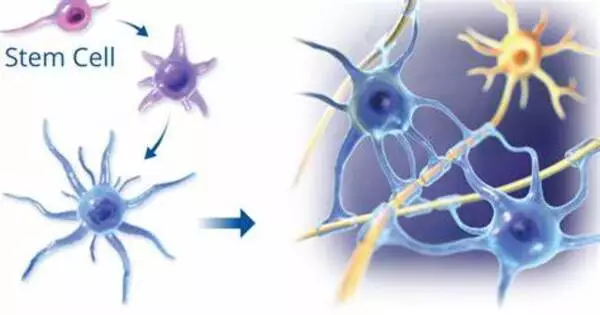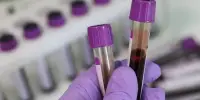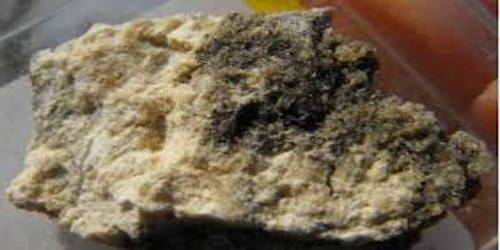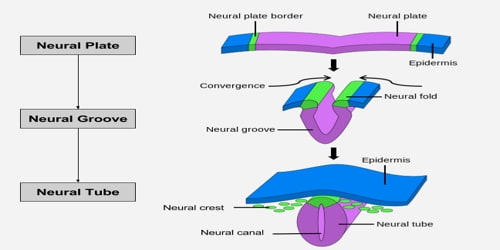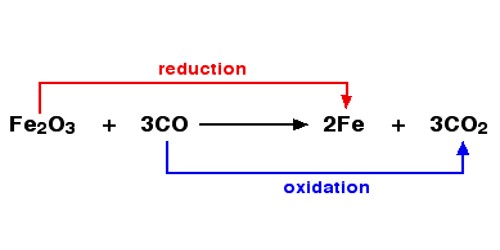In trials with neonatal mice, researchers discovered a fatty chemical in breast milk that initiates a process in which stem cells in the brain make cells that create new white matter, repairing brain injury. While it is recognized that white matter loss would result in neurological abnormalities, there is currently no treatment to help these newborns avoid the outcome.
Duke Health researchers discovered a fatty chemical in breast milk that initiates a process in which stem cells in the brain make cells that construct new white matter, repairing the lesion in neonatal mice.
The findings were published in the journal Cell Stem Cell. The study’s corresponding author is Eric Benner, M.D., Ph.D., a distinguished assistant professor in the Department of Pediatrics at Duke University School of Medicine. Benner stated that more research in a clinical trial is required, although the results are promising.
It’s been known for a long time that fats in breast milk benefit a child’s brain development, but there are many different types of fats in breast milk. This study discovered a lipid molecule in breast milk that promotes the development of white matter.
Eric Benner
“Developing therapies for children, particularly such medically fragile children, is extremely difficult due to justifiably strict safety concerns,” Benner added. “The fact that this molecule is already present in something safe for premature babies, breast milk, is extremely encouraging.”
“It’s been known for a long time that fats in breast milk benefit a child’s brain development, but there are many different types of fats in breast milk,” Benner explained. “This study discovered a lipid molecule in breast milk that promotes the development of white matter.” Now we may start working on a medication that isolates and delivers this lipid in a way that is safe for these infants’ specific problems.”
Benner is a Duke University neonatologist and one of the co-founders of Tellus Therapeutics, a Duke spinout firm formed with the assistance of the Duke University Office for Translation and Commercialization to bring this medication from the bench to the newborn critical care unit.
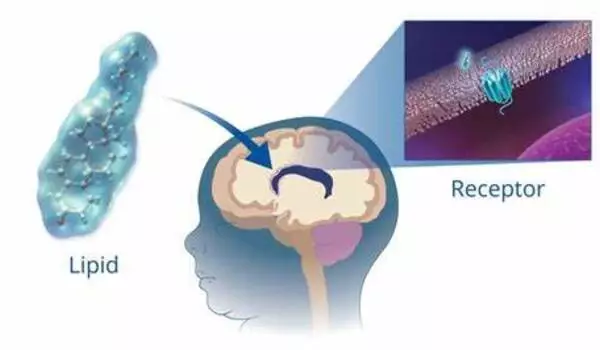
In a future clinical trial, the fatty molecule discovered in the study will be supplied intravenously to patients. This is critical since many of the infants in this vulnerable group also have gastrointestinal difficulties and cannot be given milk or medication by mouth properly.
The lipid molecule penetrates the brain and connects with stem cells, encouraging the stem cells to differentiate into or create oligodendrocytes.
Oligodendrocytes function as a center for the generation of white matter in the central nervous system. In pre-term infants, this freshly formed white matter prevents neurological damage that would otherwise impair the child’s ability to move, which is one of the hallmarks of cerebral palsy.
“The timing of brain injury is extremely difficult to predict, thus a treatment that could be safely given to all preterm babies at risk would be revolutionary,” said Agnes Chao, M.D., a former fellow in the Division of Neonatology and first author of the paper.
“As a neonatologist, I’m so excited that I may be able to offer a treatment to families with babies that are affected by preterm brain injury who would otherwise have no other options,” Chao said.
